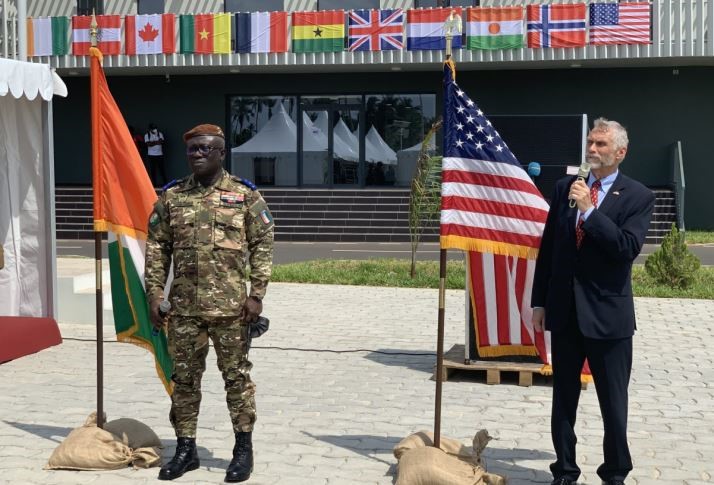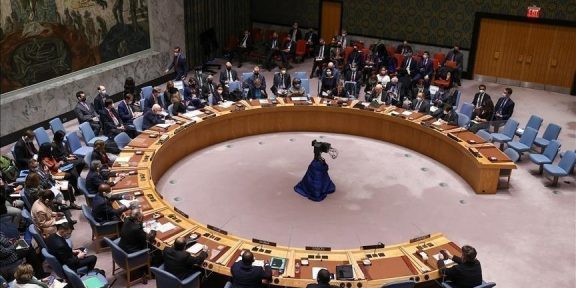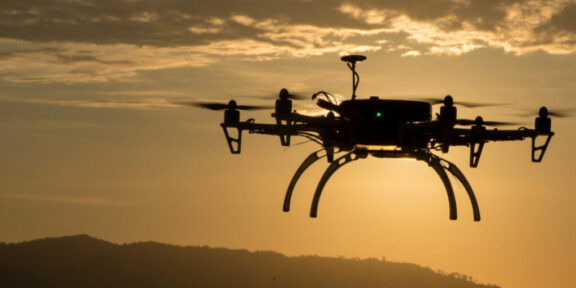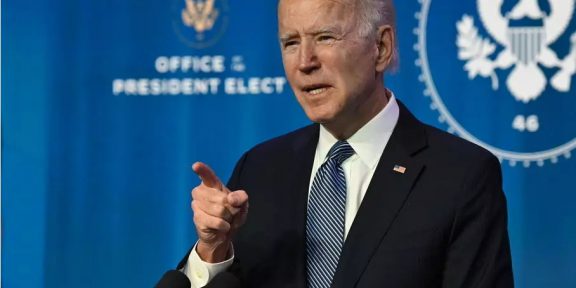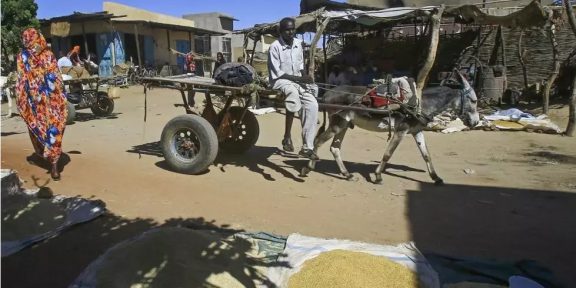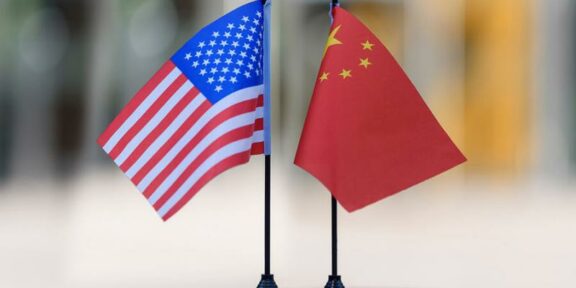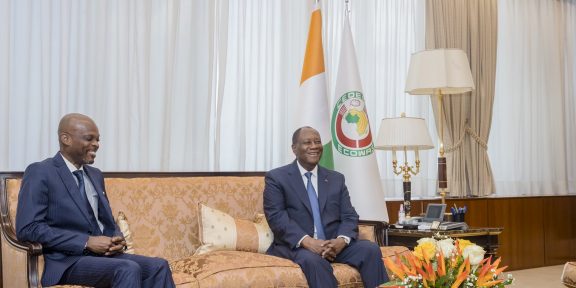In Côte d’Ivoire, the U.S. Africa Command (AFRICOM) recently published images revealing training provided by U.S. trainers to the Ivorian armed forces, as part of the intensifying military partnership between Washington and Abidjan.
This announcement of increased military cooperation between the two parties raises many questions, as it comes at a time when French bases are preparing to leave the country, and Washington wishes to strengthen its military presence and influence in the region.
Military experts describe this strategy as the American model in Niger and its benefits for the region.
Issa Cissé, historian, researcher and specialist in Sahel affairs, warns that this expansion will have disastrous consequences for the continent’s security future. In his view, the Nigerian experience has shown that the presence of American forces has never improved security in the region.
“The American bases in Niger were initially intended to strengthen the fight against terrorism and stabilize the Sahel region. But we found that insecurity not only persisted, but even worsened in some areas. Today, the same pattern is repeating itself in Côte d’Ivoire”, he added.
Issa Cissé points out that the military presence serves above all American geopolitical interests, since the results indicate that the United States has failed to contain the terrorist threat in the Sahel region. Conversely, the security situation in Niger, home to a major US drone base, has deteriorated, leading to the coup d’etat that raised questions about this military cooperation.
“The American objective is clear: to ensure continuous surveillance of West Africa, particularly in the face of emerging alliances with Russia and other powers. These movements of military forces towards Côte d’Ivoire and Mauritania are part of a desire to reposition, but they do not guarantee an improvement in the security situation of local populations”, explains Issa Cissé, who believes that this maneuver is part of a broader strategy aimed at controlling political and military dynamics in the Sahel region.
The expert believes that the issue of national sovereignty remains unresolved since this security dependence jeopardizes the political and strategic independence of Côte d’Ivoire, while the Ivorian authorities justify this cooperation by the need to strengthen their military capabilities.
The experience of Niger has shown that the presence of American forces does not lead to an improvement in the security situation, but only to an increase in threats and the spread of armed groups. The military and political subordination of the Ivorian authorities confirms their total submission to Western demands, which will indirectly affect the security of neighboring countries.

